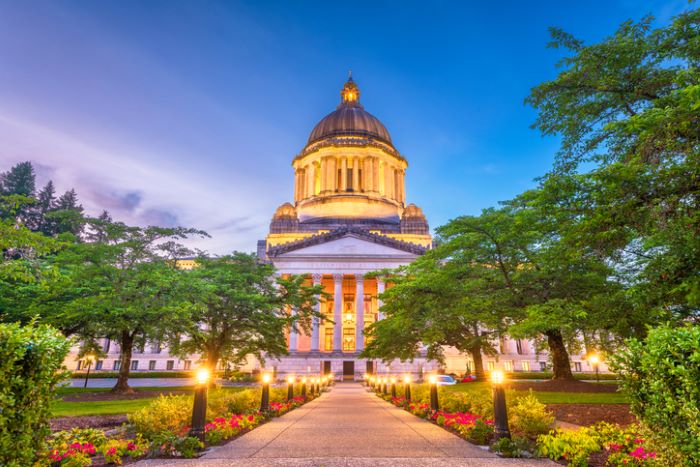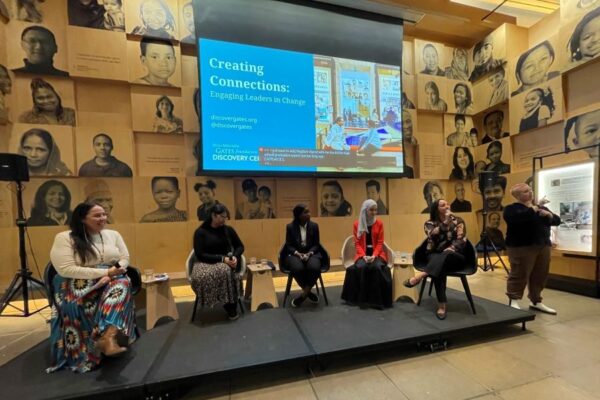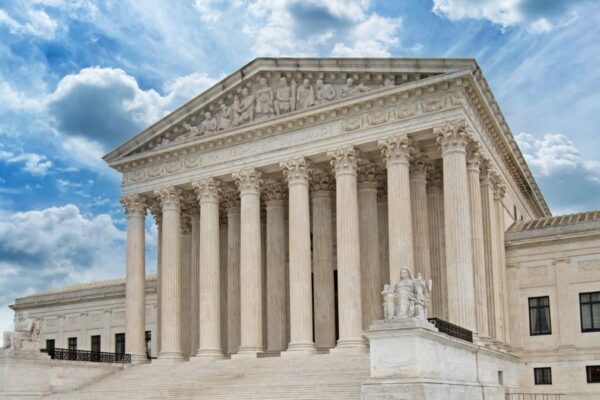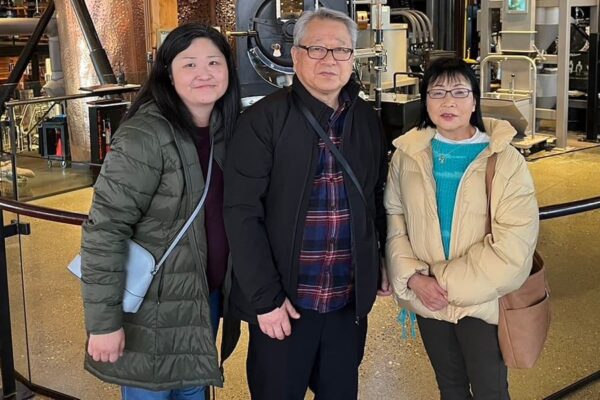Affirmative Action or not, we will still work for racial equity
Here is something Washingtonians might not know—or remember—when it comes to affirmative action bans at colleges and universities: The measure existed among public schools in the state from 1998 until it was rescinded last year by Governor Jay Inslee via executive order. Washington was, in fact, second only to California (1996) to impose a ban on considering race for college admission, followed by Florida, Michigan, Nebraska, Arizona, New Hampshire, Oklahoma, and Idaho.
Those statewide measures have now come under the spotlight since the U.S. Supreme Court ruling recently that rejected race-conscious admission programs at Harvard and the University of North Carolina, virtually ending affirmative action as a basis for entry at all colleges and universities, public and private.
As to be expected many schools reported sharp declines in enrollment of Black, Latino, and Indigenous students after the ban. However, since then some schools have reported that the percentage of minority students enrolled bounced back, due in large part to concerted efforts to widen applicant pools by focusing on broader entry requirements and being intentional about fielding diverse student bodies.
Those efforts must continue if we are to ensure our college student population resembles that of the population as a whole—where aptitude, talent, and ability to succeed can be measured by more than standardized test scores.
Back when Washington state banned affirmative action, United Way of King County board member Sandra Madrid was assistant dean of community development and admissions at the University of Washington School of Law. She remembers that most professors there affirmed that the stories and lived experiences of a diverse student body greatly increased the type of learning and professional development that is critical to a meaningful and quality law school education.
Like many of us, Sandra believes that recruiting and retaining a diverse student body requires intentionality, creativity, energy, and relationships. Affirmative action is a tool to achieve that, but not the only tool. The work to guarantee inclusiveness and diversity throughout society and institutions must continue. It cannot be stopped. We are a polarized nation wrestling with critical issues that affect all of us, and the Supreme Court’s decision means only we all need to work harder not give up on inclusivity.
Those efforts must continue if we are to ensure our college student population resembles that of the population as a whole—where aptitude, talent, and ability to succeed can be measured by more than standardized test scores.
United Way of King County CEO Gordon McHenry, Jr.
Fortunately, United Way is already giving college students—particularly those from historically disadvantaged backgrounds—a better chance at success. Bridge to Finish helps students get the services they need to stay in school and complete their education. Through Bridge to Finish, 10 local colleges now have a Benefits Hub, a one-stop shop facility for resources such as food, emergency aid, transportation, and housing assistance.
An evaluation conducted by MDRC (an organization that develops education and social programs for the impoverished) and the Washington Student Achievement Council found that participants who accessed Benefits Hub services were 25% more likely than students of similar backgrounds to persist and complete their college education.
United Way also successfully advocated in 2023 for the passage of the Washington Legislature’s House Bill 1559 (the Postsecondary Basic Needs Act), which mandates that public colleges and tribal institutions of higher learning must have at least one benefits navigator to assist students in accessing public benefits, emergency assistance programs, and community resources.

We at United Way are committed to creating more opportunities for students to succeed at all stages of the education process, and we are concerned that this decision by the Supreme Court may once again raise the prospect of Black, Indigenous, and other groups of color feeling targeted, trampled upon, and made to feel as if they don’t belong based on a narrow set of criteria.
Those of us who do this work know that we still have yet to see a society where, to quote Dr. Martin Luther King Jr., people are “judged not by the color of their skin, but the content of their character.” Race still matters today as it has since 1619. And so, we object and we dissent to even the slightest implication of otherwise. Amidst the US Supreme Court’s ruling, we at United Way will continue to advocate for racial equity to address continuing harms—so that one future day, equal protection under the law will also equate to social justice.





Comments